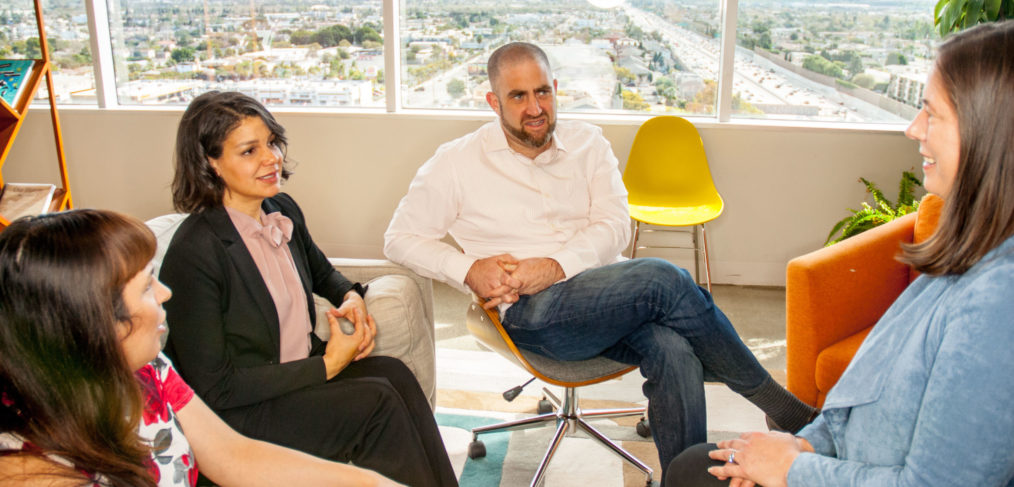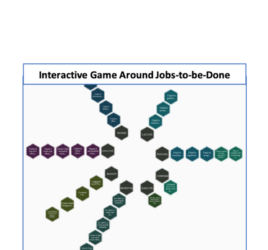
Reflections From Katy Plant, General Manager Canary Peers
By Katy Plant
Reflecting on how Canary Peers can best support the Black Lives Matter movement, I am reminded that cultural humility is one of our program’s guiding principles and that it starts with listening. So I am sharing a snippet of Starette’s story as captured through a Canary Peers’ team member, Kathryn Ramos. Kathryn writes:
Starrett reflected that too often doctors, nurses, and pharmacists jump to conclusions, can be poor listeners, and make judgements without a non-biased assessment. Starette shared that her concerns have been dismissed, she has not been believed when she has described symptoms, and that she has been denied medication until things had become so serious the medical professionals could no longer ignore them. Starette remarked that it is disheartening to be fearful of people and systems that are supposed to be there to offer help and support and that it is doubly frightening to put your life in the hands of people who might not take your health concerns seriously.
Cultural humility teaches us that we all have different experiences. It refers to a process that begins with an attitude of not knowing about someone’s culture and/or experiences and allows for an openness to engage in ongoing learning with one another as a partnership. Precisely because we do not all know and share Starette’s experience, it is so important we hear her voice. I can commit that we’ll never knowingly practice bias against anyone in our programs but avoiding systemic bias requires questioning what we believe.
Cultural humility is not a one-time, check the box and move on kind of thing; it requires constant vigilance and renewal. This listening and reflection takes more than a month. As June concludes, it would be disingenuous to present a finished list of all the things that we are going to do to impact systemic racism. So, for this month, we commit to:
Ensuring we do more to make sure that the voices, the stories, the experiences of black participants are represented as completely as possible in our programs – from our recruitment practices, user testing, through to the workshop testimonials.
To engage in cultural humility requires self-reflection and critique of our own biases and prejudices. Without cultural humility, even the best-intentioned programs may impose bias on those participating and lead to cultural misunderstandings and ultimately contribute to a cycle of systemic racism. For this reason, we commit to ensuring broader stories in our recruitment and testimonials and broad voices in our testing. When asked to describe what cultural humility looks like in our workshops, one of our facilitators recently told me “When we’re not sure of something, we don’t pretend we know – we ask! We can never truly know what others are dealing with, but we can always listen, show empathy, and offer support”.


